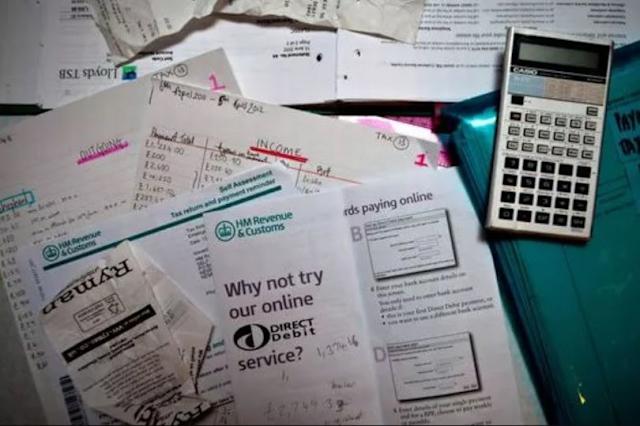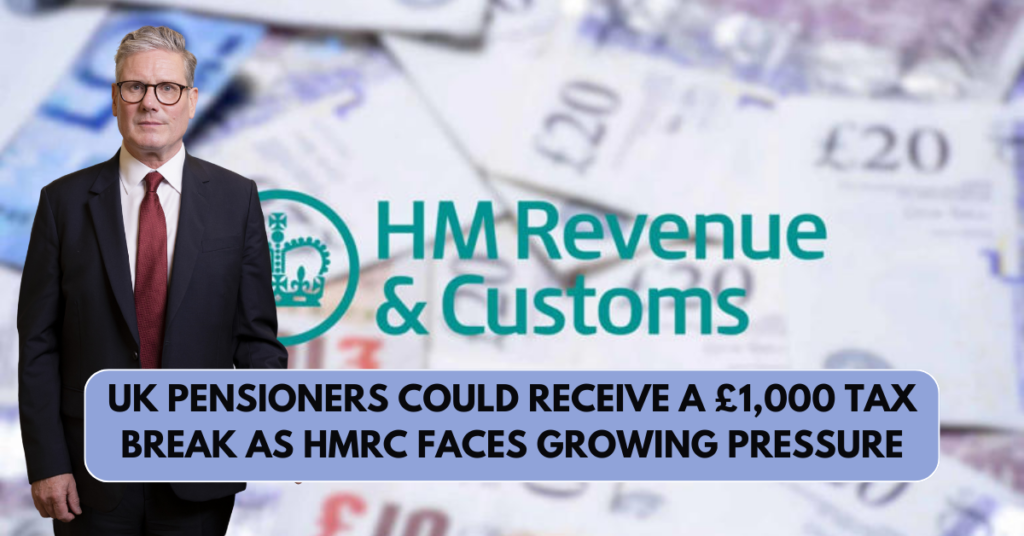The UK government is under mounting pressure to increase the Personal Allowance threshold for pensioners, potentially offering them a £1,000 tax break.
With the State Pension increasing through the Triple Lock system, many pensioners are at risk of exceeding the current tax-free income threshold of £12,570, which has been frozen since 2021.
If no changes are made, thousands of pensioners could find themselves paying income tax on their pensions as early as 2026.
A petition and calls from financial experts are urging Chancellor Jeremy Hunt to address this issue in the upcoming Spring Budget. But will the government take action?
Why Are Pensioners Facing a Tax Burden?

The root of the problem lies in the income tax Personal Allowance freeze. Since 2021, the threshold has been locked at £12,570, meaning any income above this amount is subject to taxation at 20% (basic rate). Meanwhile, the State Pension continues to rise under the Triple Lock mechanism, which ensures it increases annually based on the highest of inflation, wage growth, or 2.5%.
With the latest increase set to push the full State Pension close to £11,500 per year in April 2025, experts warn that by 2026, many pensioners could surpass the £12,570 limit, leading to unexpected tax bills.
The Campaign for a Higher Personal Allowance
Financial experts and advocacy groups are calling on the government to increase the tax-free threshold by at least £1,000, bringing it to £13,570 or more. Doing so would prevent thousands of pensioners from being taxed on their State Pension alone.
A campaign pushing for this increase has gained traction, with petitions and public debates urging the Chancellor to address the issue in the Spring Budget 2025.
Rachel Reeves, the Shadow Chancellor, also hinted that Labour would consider reforming the Personal Allowance for pensioners if they came into power. However, as of now, the government has not made any official announcement regarding changes to the policy.
How Would a £1,000 Tax Break Help Pensioners?
If the Personal Allowance were increased by £1,000, pensioners could benefit in several ways:
- Lower Tax Bills: Those with total incomes slightly above £12,570 would see reduced tax liabilities.
- More Disposable Income: Pensioners could keep more of their money for essential expenses like food, energy, and healthcare.
- Avoiding Unnecessary Taxation: Many retirees rely solely on their pensions, and taxing them on their State Pension income could lead to financial strain.
What Happens If No Changes Are Made?
If the government does not increase the Personal Allowance, pensioners receiving the full new State Pension could be liable for income tax by 2026. This would mark the first time in history that pensioners would be taxed purely on their State Pension.
Currently, pensioners who receive additional private or workplace pensions already pay tax if their total income exceeds £12,570. However, the growing risk of tax on the State Pension alone has sparked widespread concern.

What the Government Says
So far, the government has maintained its stance on keeping the Personal Allowance frozen until at least 2028. Chancellor Jeremy Hunt has indicated that economic recovery and fiscal responsibility are priorities, and any tax cuts must be carefully considered.
However, given the increasing pressure from pensioner advocacy groups and economic experts, there is a possibility that the government could announce adjustments in the Spring Budget 2025.
Conclusion: Will Pensioners Get a £1,000 Tax Break?
While there is no official confirmation yet, the growing public and political pressure may force the government to reconsider the current tax structure for pensioners. The issue remains a major concern, especially as more retirees could soon find themselves paying income tax on their State Pension alone.
The next few months will be crucial in determining whether pensioners get relief or if they will need to prepare for potential tax liabilities in the coming years.
For official updates, pensioners are encouraged to check the UK Government’s official tax website or seek advice from a qualified financial advisor.
This article has been carefully fact-checked by our editorial team to ensure accuracy and eliminate any misleading information. We are committed to maintaining the highest standards of integrity in our content.

